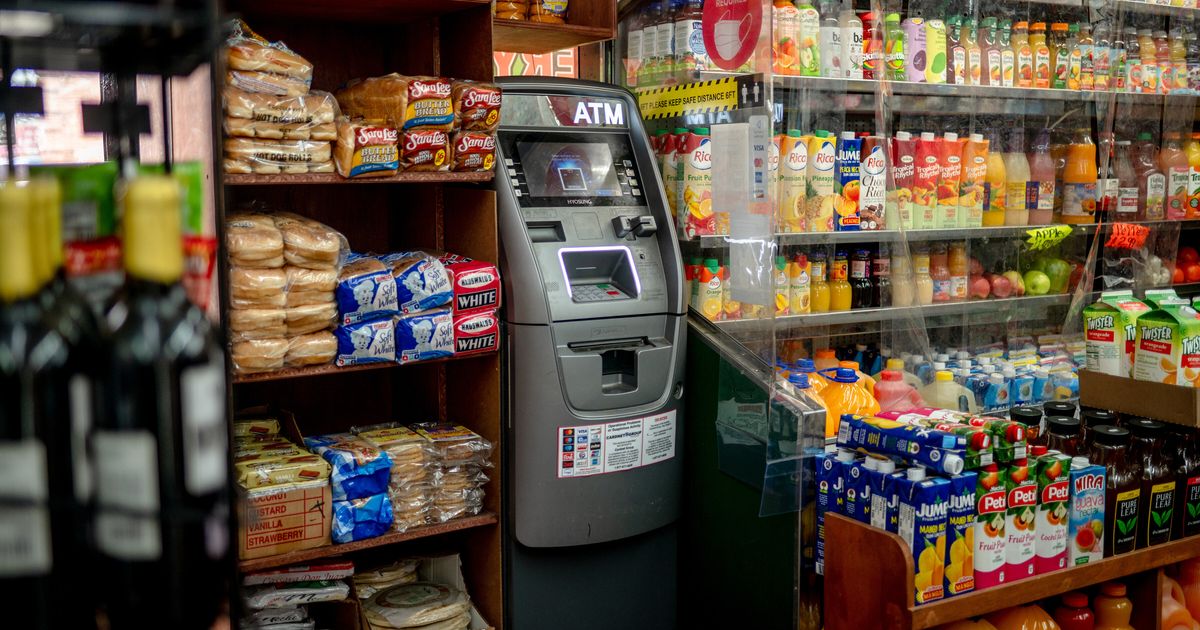In a shocking and bewildering turn of events, thousands of dollars were stolen from ATMs across New York City during the summer months. The heist, which was orchestrated by a group of teenagers who participated in a city-sponsored job program, left many in the community reeling.
The victims of this scam are the 3,000 teenagers who enrolled in the Summer Youth Employment Program (SYEP), which connects low-income youth with paid work and early career opportunities. The program issues prepaid debit cards to participants, allowing them to access their earnings at ATMs around the city.
But what started as a normal payday turned into a nightmare when teenagers discovered that their debit cards could be used to withdraw unlimited amounts of cash. A technological glitch in the payment system allowed participants to tap into this feature, and soon, $17 million was being pulled from ATMs across the city.
The scam came to light on July 11, when kids began taking their debit cards to ATMs and withdrawing cash. But instead of just getting a limited amount, they noticed that the balance on the screen did not decrease. So, they took out more cash — and then even more. Before long, word spread on social media platforms like Instagram and TikTok, attracting adults who were looking to take advantage of the glitch.
Independent ATM operators in the city faced a flood of suspicious activity reports, with many machines being hit by just one card. The largest ATM company, ATM World, alone lost $700,000 that weekend. "When you see one card taking out $7,000, you're freaking out," said Youssef Mubarez, chief operating officer of ATM World.
As the situation unfolded, officials realized that all of the cards involved had the same bank identification number, which made it easy to identify transactions linked to the scam. The city's financial crime unit was notified, and the issuer of the prepaid debit cards, Dash Solutions, eventually issued a statement saying that they would be taking action against the cardholders.
But for many of the teenagers involved, the damage had already been done. Some were left with huge negative balances on their accounts, which could have serious consequences for their financial futures. "Their paychecks are basically frozen," said a staffer at one of the larger SYEP affiliates in Brooklyn.
The city has issued a statement saying that no taxpayer funds were lost in the scam, but the impact on the teenagers involved is still being felt. "We are deeply disturbed by scammers preying on our participants just as they started their work assignments to support themselves and their families," said a spokesperson for the agency that oversees SYEP.
The program is designed to teach financial literacy to its participants, but this summer's experience has left many wondering how such a significant technological glitch could have gone unnoticed. As one 15-year-old rapper from Brownsville put it, "Made a pack off a glitch, no joke."
